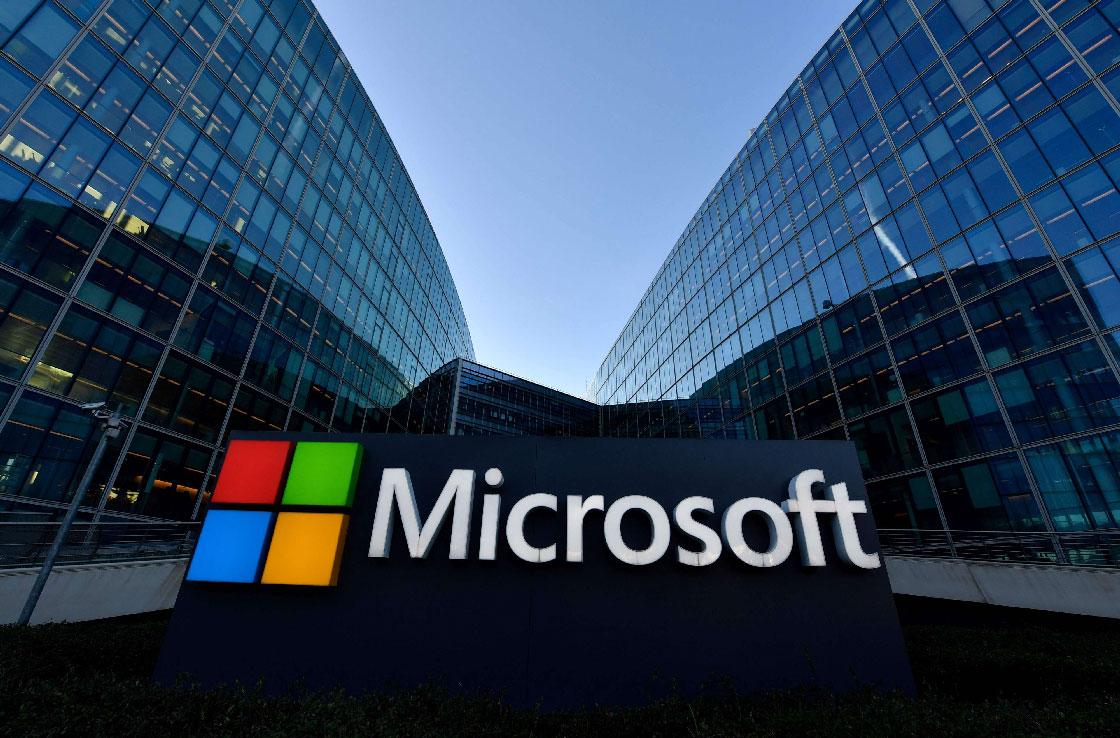
The article published by Microsoft and two European universities
The article, published on Monday and titled "Blockchain Application for the Paris Agreement Carbon Market Mechanism - A Decision Framework and Architecture", specifically examines the suitability of blockchain and Distributed Ledger Technology for a carbon market referred to in article 6.2 of the Paris Agreement.
This agreement has the general objective of providing a global response to the threat of climate change by keeping global temperatures below a 2 ° C (35,6 ° F) increase from the pre-industrial era level.
Article 6.2 is designed to provide a global quantitative scheme that regulates carbon dioxide emissions, in order to encourage the market to reduce the volume of carbon dioxide released into the atmosphere, in a less centralized cooperative format.
Infrastructure solutions designed so far, such as those that emerged from the 2005 Kyoto protocol, have limitations due to manual processes included in a "centralized and fragmented database structure", says the document.
"When considering only the previous database architectures, there is a risk of designing a" new "post-2020 market mechanism that is already obsolete at the launch date."
The co-authors of the document, which include technicians from Microsoft, AI, blockchain and the Azure specialist, Laura Franke, as well as the technical departments of the universities of Berlin and Denmark, therefore agreed that the blockchain's ability to offer transparency and immutability of information - that is, the data cannot be changed once fixed on a register - it could offer a valid alternative.
"We have found that for the bottom-up and decentralized governance system provided by the Paris Agreement, a blockchain application is promising and can bring benefits for greater transparency and greater automation," reads the document.
Blockchain to overcome the limits of old database architectures
However, blockchain and Distributed Ledger Technology are described as "nascent" technologies that do not have the power to solve all the problems of the carbon market. "This new technology is not a panacea for all problems, and the disadvantages of applying blockchain technology need to be assessed on a case-by-case basis," suggests the team.
Therefore, the team also provides a framework for deciding whether or not the blockchain is suitable for the proposed purpose. However, the use of a blockchain platform "offers clear advantages in terms of interoperability with other emerging technologies, automating the process through smart contracts, improving transparency, traceability, system security and trust between the parties", say the authors.
